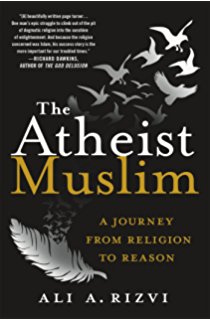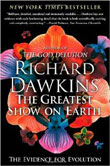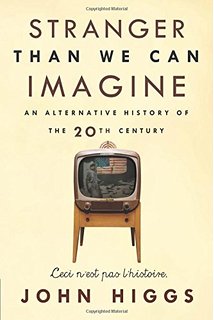The Medium is the Message?
Brandon Sun, December 5, 2011 -
David McConkey
What about personal computers, video games, flash drives, cell phones, texting, instant messaging, e-book readers, and PDAs like the BlackBerry and iPhone?
Plus e-mail, Google, Wikipedia, YouTube, Kijiji, Facebook, Twitter – heck, the whole darn Internet!
As technology advances, I often think: What would Marshall McLuhan say about that?
This is a good time to reflect on McLuhan and his musings: the media guru would have turned 100 this year.
As well, Marshall McLuhan
Marshall McLuhan was born in 1911 in Edmonton. When he was four, his family moved to Winnipeg. McLuhan lived in Winnipeg until he completed his studies in English literature at the University of Manitoba.
McLuhan went on to spend his entire career in academia. In 1946 he started teaching at the University of Toronto; he stayed there until his death in 1980.
McLuhan’s first book was in 1951, The Mechanical Bride: Folklore of Industrial Man
McLuhan then shifted from looking at the content of media to the media themselves. This resulted in two books in the early 1960s. The Gutenberg Galaxy: The Making of Typographic Man
“The medium is the message,” according to McLuhan. Newspapers, for example, affected readers differently than TV affected viewers, or radio affected listeners. The message of the medium was much more important than the message in the content of the newspaper article or the TV or radio program.
His books were never easy reading. Coupland describes McLuhan’s writing as “arrogant, charming, funny, boring, inflammatory, clueless, stoked, godlike, and full of horseshit.” But McLuhan became widely quoted, even if few actually read his baffling books.
Another McLuhanism: “the global village.”
By the mid 1960s McLuhan had grown into a media superstar – “Canada’s Intellectual Comet.” He was indefatigable and everywhere, sought by the powerful and the public to explain what was happening in that turbulent time.
McLuhan was seen as a genius who was “hip and cool and groovy and far-out.” Or even as “a fraud, a monster and a hoax.” Meanwhile, most of McLuhan’s fellow academics “viewed him as a nutbar with weirdly few social skills.”
Biographer Coupland, who also wrote Generation X
In bringing McLuhan into the 21st century, Coupland in his book goes to bizarre lengths. Selections from Coupland’s latest novel, Generation A
Is Coupland writing from the future? He mentions that McLuhan and a friend exchanged letters, which the author helpfully explains as “the e-mail of their day.”
(Readers who prefer a more old-fashioned linear approach should go back to earlier biographies. Like Marshall McLuhan: The Medium and the Messenger
Coupland is fascinated with the nature of McLuhan’s brain. His brain had two arteries feeding it. As most people have just one, this would seem to be an advantage. But McLuhan suffered from numerous mini strokes plus a benign lemon-sized tumour in his brain that had to be surgically removed.
Coupland also speculates that McLuhan was mildly autistic. McLuhan hated being touched or jostled, he hated abrupt noises, and he was socially awkward. And he loved the repetition of words and the making of puns. (According to Coupland, McLuhan’s “zest for punning was a distinct brain pathology.” Who knew?)
Coupland wonders if McLuhan’s explorations grew out of the unusual “wiring and plumbing of his head.”
Fast forward the three decades since McLuhan’s death. Media – especially the Internet – are re-wiring all of our brains: both as individuals and as citizens of the global village.
McLuhan was clearly on to something. Wasn’t he?
Another question about McLuhan still echoes, though posed half a century ago by journalist Tom Wolfe: “What if he is right?”
* *
* *
See also:  Marshall McLuhan on Amazon.ca
Marshall McLuhan on Amazon.caDeepening Our Thinking in the Internet Age: Ten Tips
This Book is Overdue! (A Review)
Maybe a Little Fox News Would Liven Things Up
Wiki is the Way of the Future
Other Reviews
QUICK CONTACT:
David McConkey,
Brandon, Manitoba
Send me an email
My Sites / Interests
- Citizen Active
- Columns
- The Great War
- Live Well, Do Good
- Manitoba History
- Obituary Guide
- Reviews
- The War on Drugs
Some Reviewed Books:
The War on Drugs:
A Failed Experiment

The Atheist Muslim:
A Journey from Religion to Reason

Stranger Than We Can Imagine:
An Alternative History of the 20th Century
Heretic:
Why Islam Needs a Reformation Now
Islam and the Future of Tolerance:
A Dialogue

Extraordinary Canadians:
Nellie McClung

The Greatest Show on Earth:
The Evidence for Evolution



